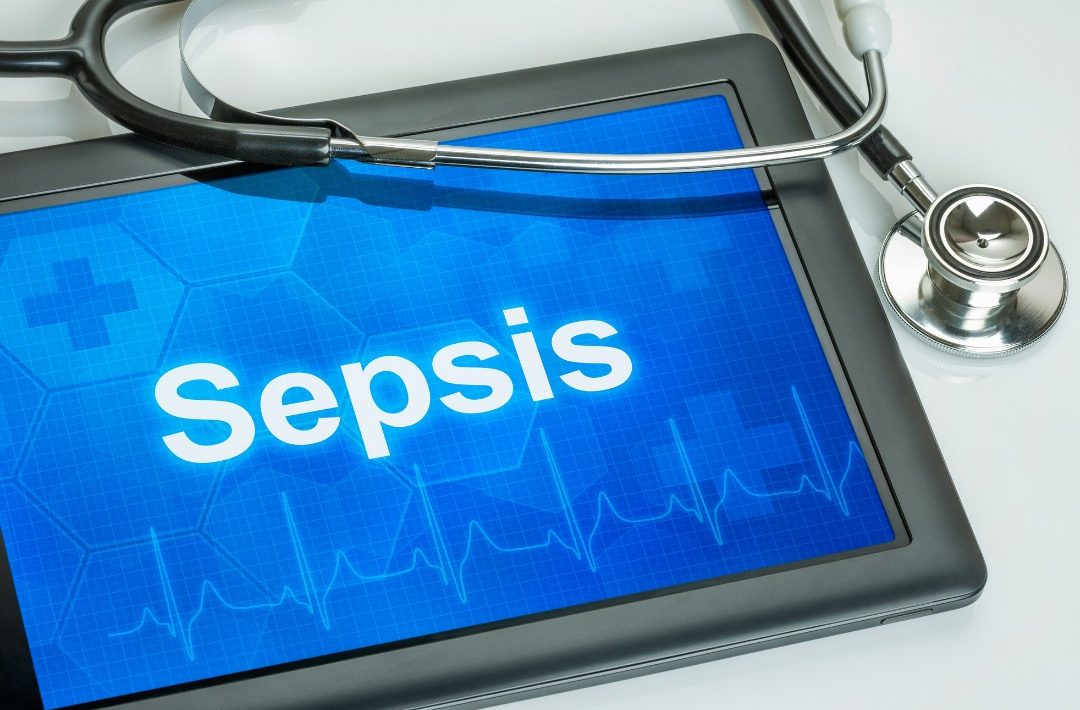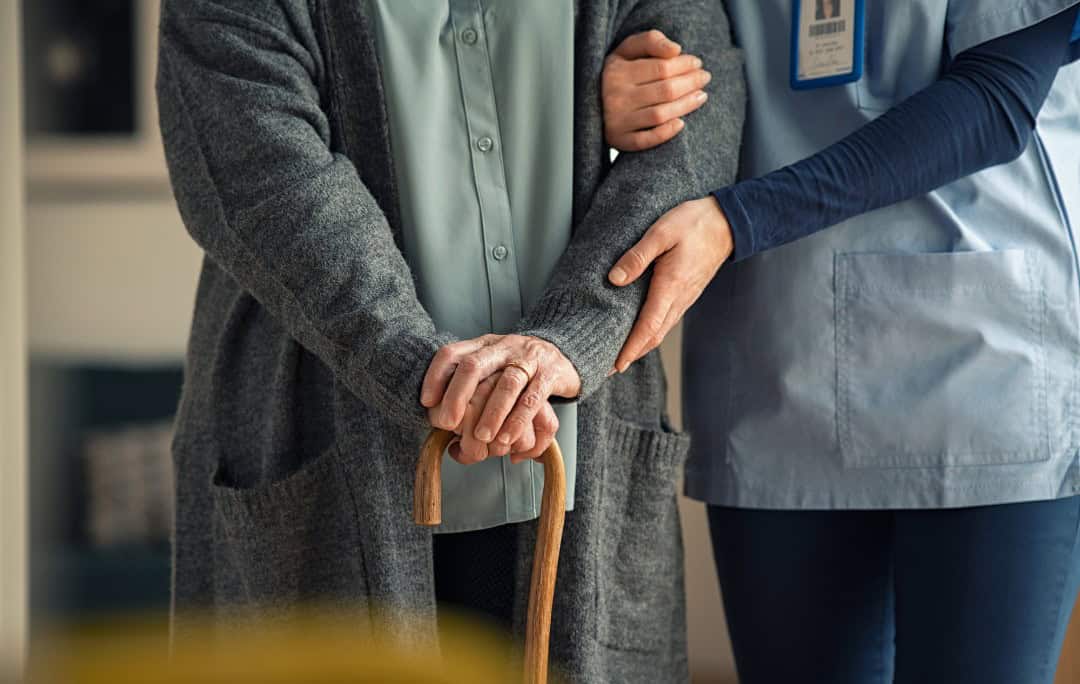What is Sepsis?
Sepsis is when your body’s immune system overreacts to an infection or injury, resulting in your immune system attacking your own body, organ and tissues. Sepsis needs to be treated as soon as possible, otherwise it can cause amputation, organ failure and other severe effects. With an early diagnosis and treatment of antibiotics, sepsis can easily be treated.
It is said that 245,000 people are affected by sepsis each year in the UK. 48,000 of those sadly lose their lives because of sepsis related illnesses, meaning 5 people die every hour due to sepsis. This is more than the effects of breast cancer, bowel cancer and prostate cancer combined. Across the globe however, 11 million people lose their lives due to sepsis related illness. Sadly for 40% of those that survive having sepsis, they will suffer from life-changing aftereffects.
Who is more likely to get sepsis?
It is possible that anyone can contract sepsis, however there are factors that make you more susceptible and put you at a higher risk, these include:
- Babies under 12 months (specifically those who were born prematurely or if their mother had an infection whilst she was pregnant).
- People aged 75 or above.
- Those who have diabetes.
- People who have weakened immune systems, such as those who are undergoing chemotherapy or have recently had an organ transplant.
- Those with genetic disorders that affect their immune system (e.g. Down’s syndrome or sickle cell disease).
- If you have recently had surgery or suffered from a serious illness.
- Women who have just given birth or have suffered from a miscarriage or an abortion.
Symptoms to look out for
During the early stages of contracting sepsis, it can be difficult to distinguish its symptoms between the flu, gastroenteritis, a chest infection or sepsis. These symptoms differ between children and Adults, here are the examples:
Children:
- Breathing quicker than usual
- Has a ‘fit’ or convulsion
- Looks mottled, bluish or pale
- Has a rash that doesn’t fade when you press it
- Is very lethargic or difficult to wake
- Feels abnormally cold to touch
Children under 5:
- They are not feeding
- Vomiting repeatedly
- Have not passed urine in 12 hours or more
Adults:
- Slurred speech or confusion
- Extreme shivering or muscle pain
- Passing no urine (in a day)
- Severe breathlessness
- Feeling incredibly ill
- Skin mottled or discoloured
The most common triggers
Sepsis can be triggered by any type of injury or infection and although we don’t yet know the direct cause, we do know some common triggers that can cause it to happen, these include:
- Chest infections that lead to pneumonia
- Urinary tract infections (UTIs)
- Infected cuts or bites
- Wounds from trauma or surgery
- Leg ulcers or cellulitis
- Medical problems in the abdomen (for example a burst ulcer or hole in the bowel)
What to do
If you suspect that you or someone you know is worried about an infection or injury leading to sepsis, please call 111 or contact your GP as soon as possible. If you or someone you know is experiencing the symptoms you should urgently call 999 or visit your local A&E.
Information taken from:








